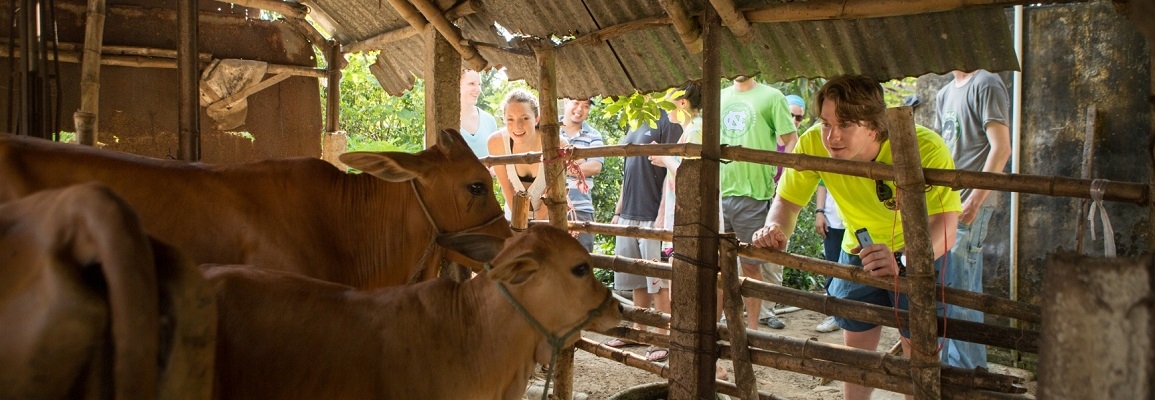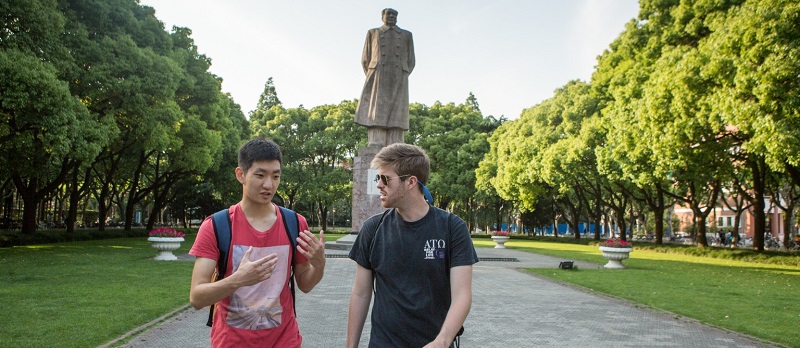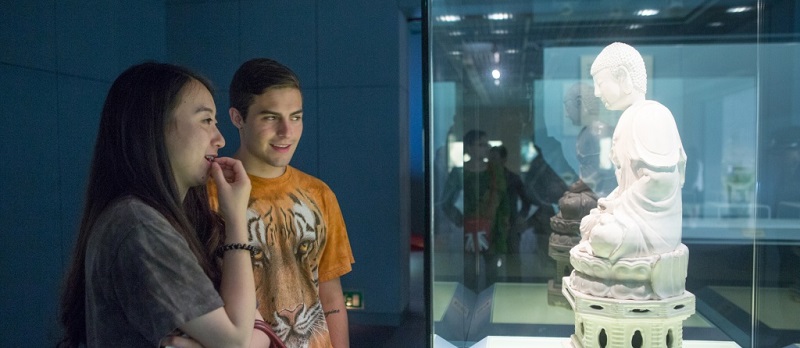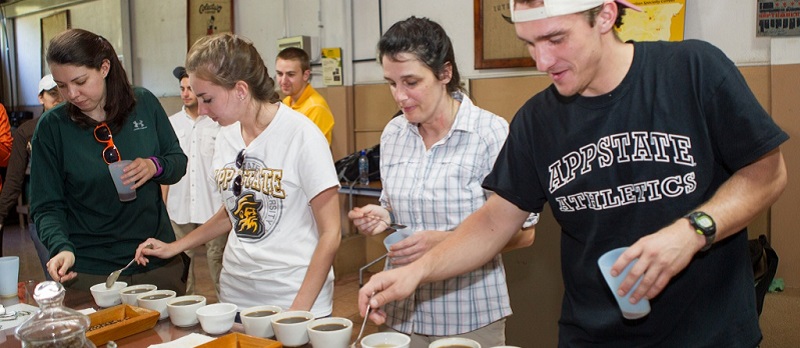The information on the Health and Safety pages of our website is meant as a guide for students to consult in order to have a safe and successful abroad experience. The University places great value on student health and safety while abroad but also expects that students are a partner in this effort. All students will be required to read and sign the Participant Agreement (PDF, 294K). In addition to the points outlined in this agreement, students should also look over the information on these pages and proactively consult with OIP, Student Health Services, the Office of Disability Services, the Student Counseling Center, and/or their private medical practitioners with any questions they may have.
A few basic steps that all students should consider are:
- Review general and country specific health and safety information.
- Complete your health self-disclosure form (PDF, 463K) and discuss any health related needs or concerns with your medical practitioner(s).
- Visit your local travel clinic.
- Register your travel with the U.S. Embassy.
*While it is very important to discuss your study abroad plans with your physician it is also important to visit a travel clinic. Travel specialists have access to information and resources that your family physician may not have and will consider your health history, medications, allergies, and travel itinerary when discussing common diseases and recommending immunizations.
Students are encouraged to schedule a travel clinic appointment as soon as possible (at least 2 to 3 months in advance of travel) as appointments will fill up and it can take some time to complete any recommended immunization series. Students can visit local travel clinics or those near their home. Please contact your health insurance company to locate the nearest clinic and to understand your individual coverage.
Clinics Specializing in Travel Medicine that may be used:
Additional Planning Steps
- Read and understand all documents provided to them by OIP and/or their program sponsor.
- Take into consideration their health and other personal circumstances (i.e. gender, sexuality, disability needs, and so on).
- Consider disclosing to OIP and/or their program sponsor any personal medical/health or additional information that may have an impact on the study abroad experience.
- Inform parents/guardians/families and others that you are participating in a study abroad program. Provide them with specific program information and emergency contact information, as well as keeping them informed on an ongoing basis.
- Become familiar with the procedures for obtaining emergency health and law enforcement services in the host country.
- Follow the program policies for keeping program staff informed of their whereabouts and well-being.
Resources
- OSAC– Provides Crime and Safety reports for major cities around the world.
- OSAC Travel Safety Reference Guide(PDF, 529K)
- CDC Country-specific health information
- State Department Travel Advisories
- State Department Country Specific Information
- Students Abroad Safety Issues
- State Department Students Abroad
- SAFETI Clearinghouse
- Appalachian State University, Student Health Center, Travel Clinic
- Appalachian State University, Counseling & Psychological Services
- Appalachian State University, Office of Disability Services






